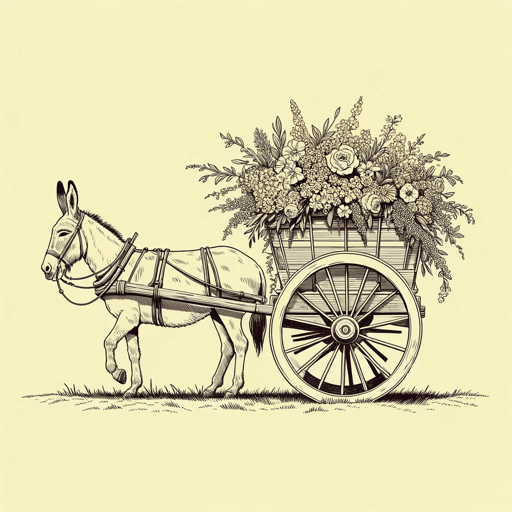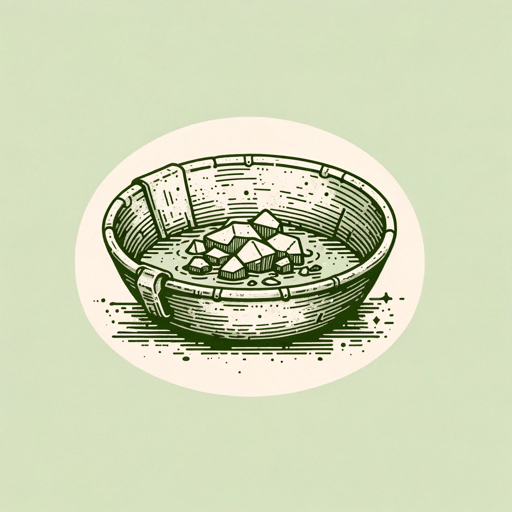34 pages • 1 hour read
Bret HarteThe Outcasts of Poker Flat
Fiction | Short Story | Adult | Published in 1869A modern alternative to SparkNotes and CliffsNotes, SuperSummary offers high-quality Study Guides with detailed chapter summaries and analysis of major themes, characters, and more.
Story Analysis
Analysis: “The Outcasts of Poker Flat”
Drawing on the colorful and often brutal landscape of the American Western frontier, “The Outcasts of Poker Flat” depicts human moral complexities through themes of corruption, redemption, and self-sacrifice. In this vein, the story plays with the tension in the idea of the strengths and weaknesses in a person’s character, and it questions the role of luck or chance in shaping a person’s actions. The narrative’s thematic focus on luck or chance frequently involves gambling terminology, as Oakhurst, the gambler protagonist, often uses those ideas to make sense of his situations.
The setting of a California mining town during the height of the Gold Rush creates a realistic backdrop for the story, and it sets the stage for the theme of Purity and Corruption: The Moral Ambivalence of Humanity. These kinds of towns enabled gambling and sex work, and in the sociohistorical context of 1850s United States, such activities further propagate the image of unruliness associated with these locales. The story opens with Oakhurst observing “a change in [the town’s] moral atmosphere since the preceding night” (Paragraph 1). The description of the town as “unused to Sabbath influences” (Paragraph 1) indicates the lack of a Christian presence, which, at least in Harte’s contemporary 







Related Titles
By Bret Harte


